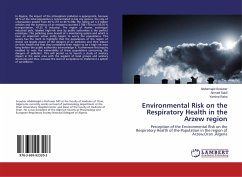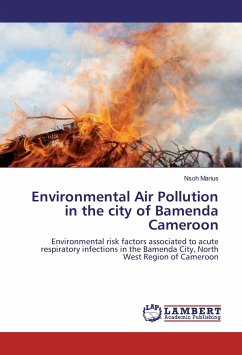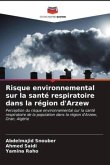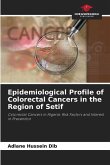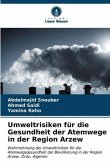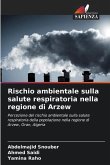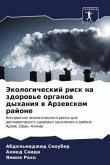In Algeria, the impact of the atmospheric pollution is appropriate, because 30 % of the total population is concentrated in big city centers, the rate of urbanization passed from 40 % (77) to 66 % (98), the rolling set is 3 million vehicles and the inventory of air emissions counted 2 788 170 tons (50,70 % transportation, 47,25 % industry). The region of Arzew, archetypal industrial pole, labeled high-risk area by public authorities is the perfect prototype. This polluting zone devoid of a monitoring system and which is near an important urban entity begins to worry the populations. This survey has the merit to highlight that the populations of the region of Arzew are largely aware of the dangers of air pollution and their impact on their health and that they considered their region to be a high risk area long before the public authorities acknowledge it. Furthermore this inquiry enabled to note the vulnerability of these populations concerning the dangers of pollution. This willpermit us to launch a study of sanitary impact in the same area with the support of local groups and sanitary structures and thus, increase the level of acceptance to implement a system of surveillance.
Bitte wählen Sie Ihr Anliegen aus.
Rechnungen
Retourenschein anfordern
Bestellstatus
Storno

